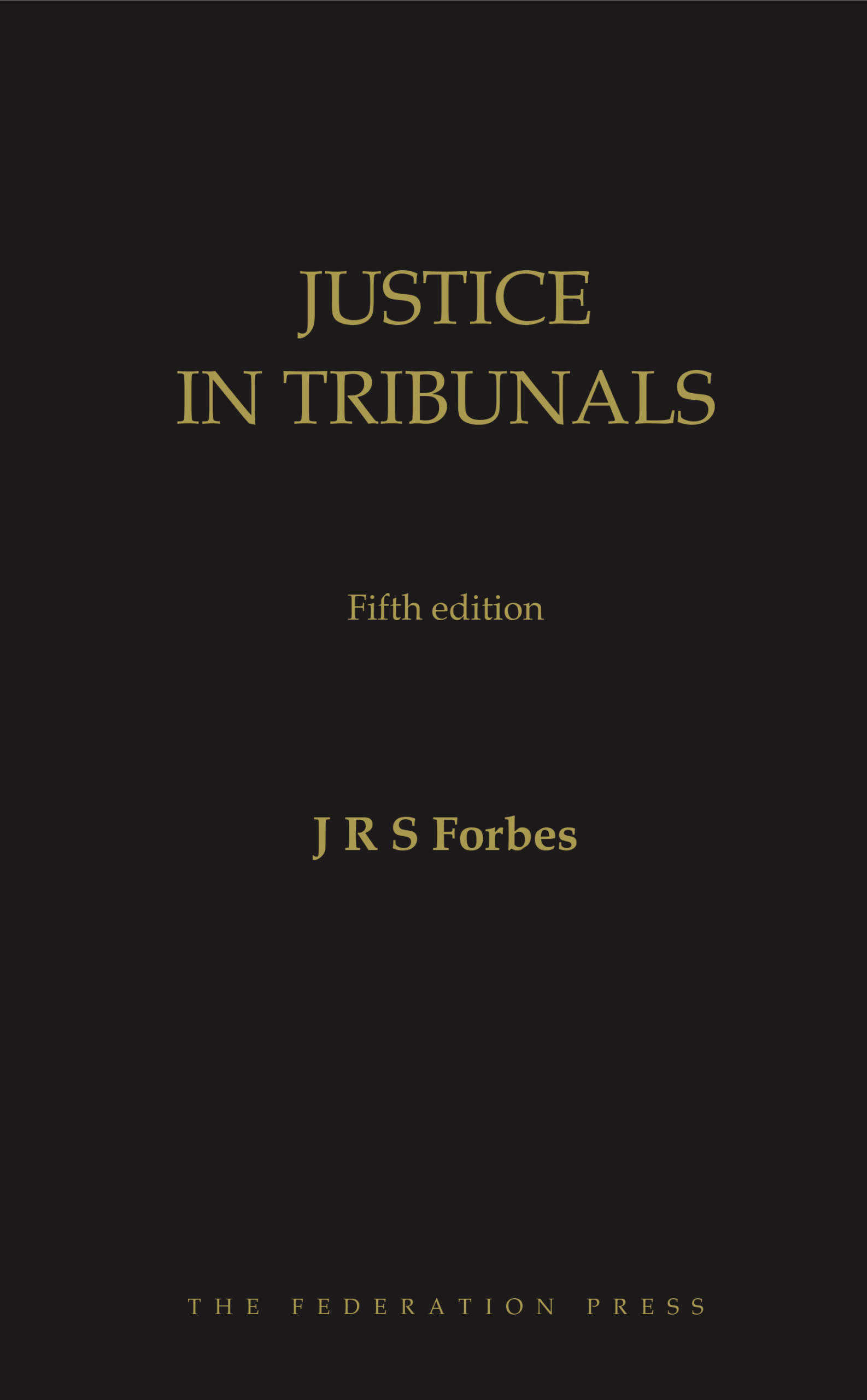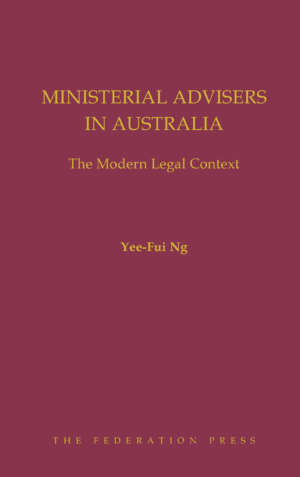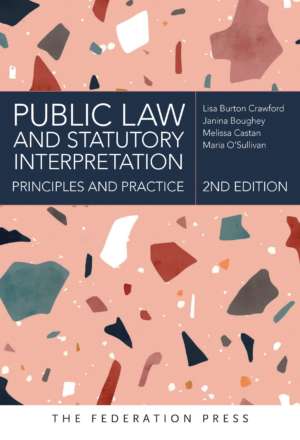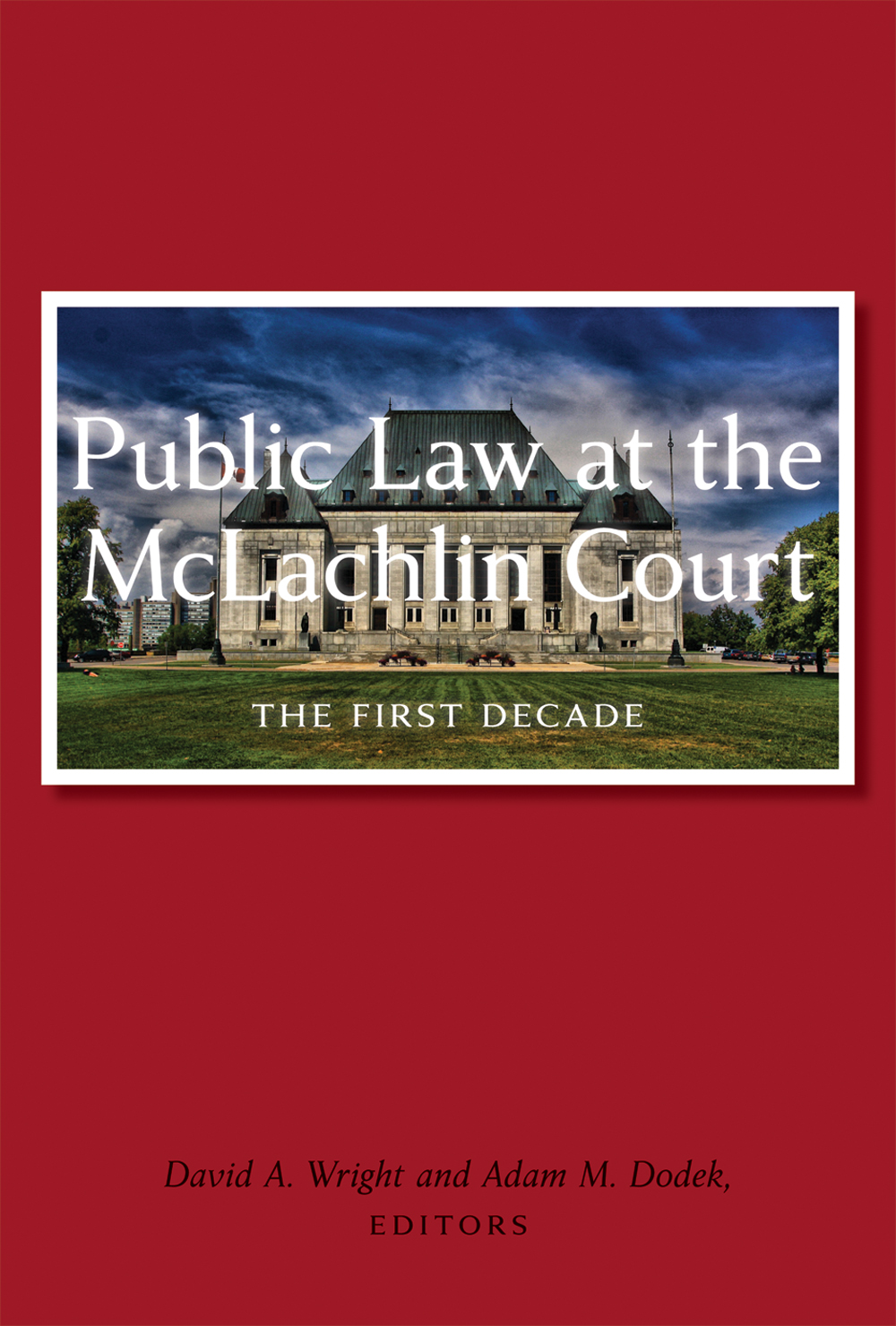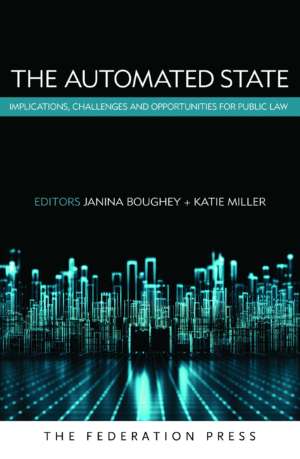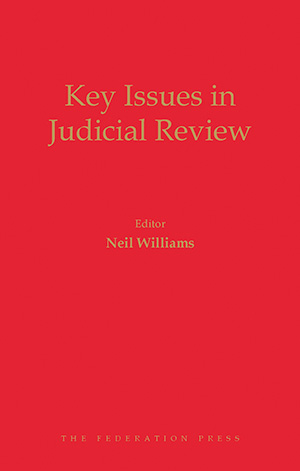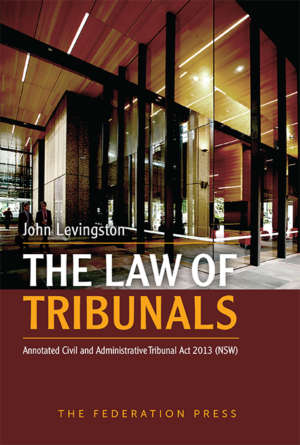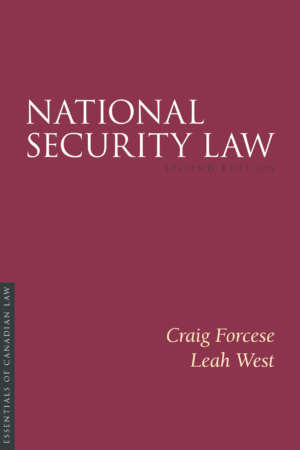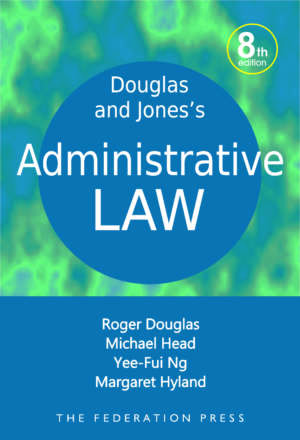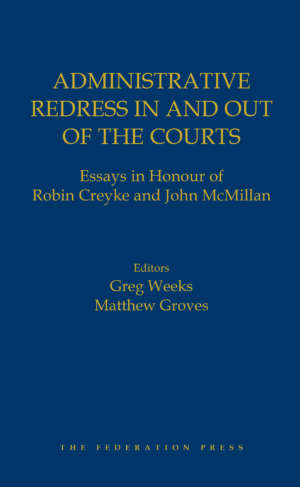Product Description
Justice in Tribunals, now in its 5th edition, deals with the law relating to quasi-judicial authorities of government, professions, sporting organisations, industrial, political and commercial associations and their supervision by the regular courts. By no means confined to general principles, it treats in detail due process before proceedings commence, urgent action, proper notice of issues to be decided, the right to legal representation, procedure in hearings, the right to reasons, internal appeals and bias (actual and apprehended). It includes a chapter on Royal Commissions and commissions of inquiry, which, technically at least, do not determine legal rights and obligations. This edition refers to numerous judicial decisions since the 4th edition appeared in 2014, and many references to statutes have been updated. The emergence of the “two mights” test of apprehended bias is considered, and the case of Setka v Carroll & Ors, a recent development in the law of political party discipline is noted.
Justice in Tribunals has been referred to with approval in decisions of superior courts of all States and New Zealand. It has served as a text, not only for lawyers, but also for officers of public and private organisations.

